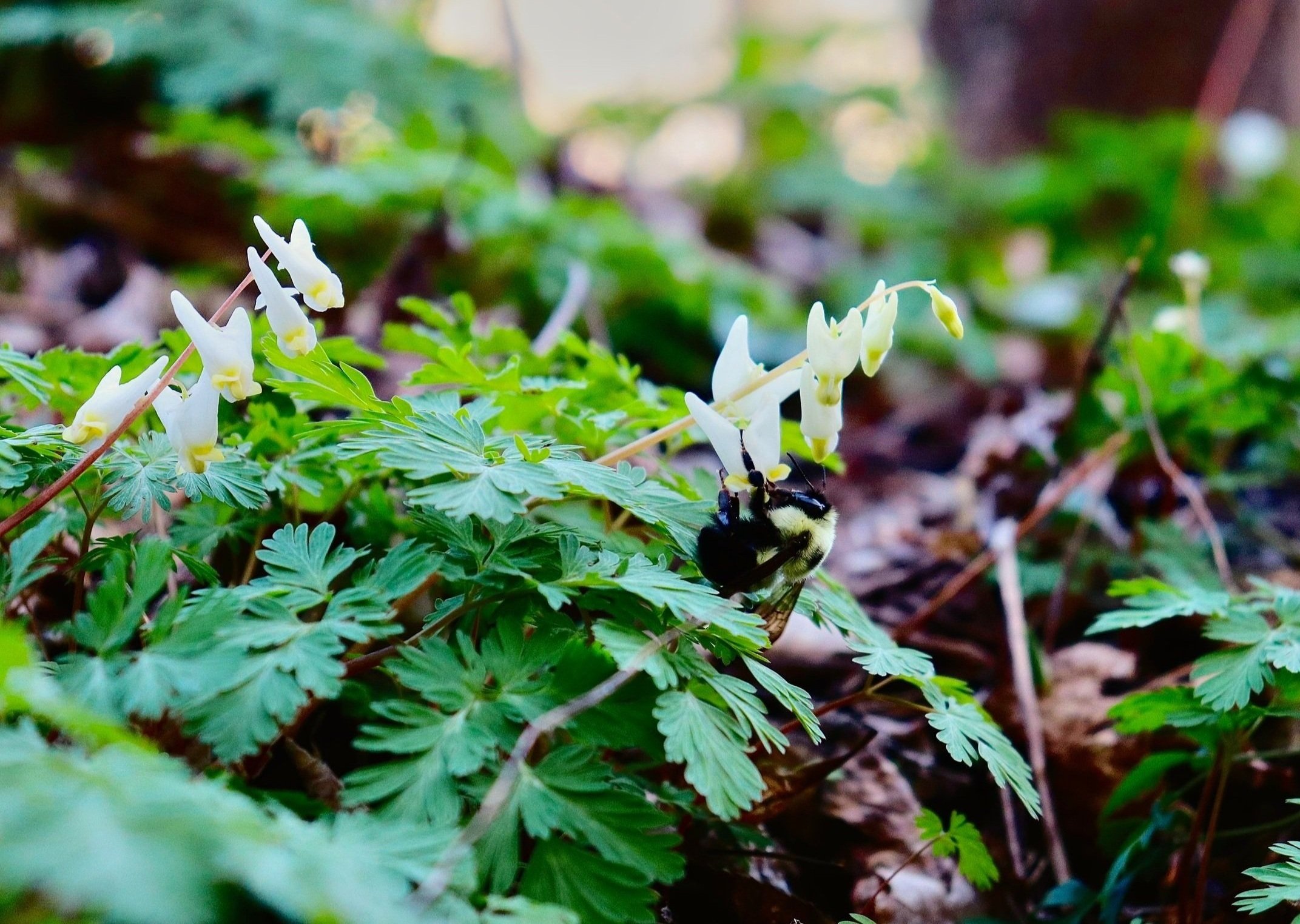
Ecology
In essence, ecology is the study of interconnectedness.
Everywhere on the planet, species live together and depend on one another. Every organism depends on living and nonliving things to survive. Ecology is the branch of biology that examines the relationships organisms have to each other and to their environments. It is the science of interactions and the changes they generate.
Everyday ecological processes involving bacteria, fungi, plants, animals and humans are all around us. These complex networks of interdependent relationships are called ecosystems: communities of living things that work together to transport and create resources for each other to survive. An ecosystem can be small, such as a family garden, or as large as the Amazon rainforest.
Ecology & Sustainability
Ecology isn’t synonymous with environmentalism, but it sheds light on the benefits of ecosystems and how we can use Earth’s resources in ways that leave the environment healthy for future generations.
In today’s society, we are so umbilically connected to ecosystems that we fail to notice them. This oversight blinds us to the unsustainability of everyday life and the industries and policies that support it. The principles guiding the dominant societies and economies today are specialization, homogenization and exploitation—rather than the diversity, individuality and interdependence modeled by the ecosystems that surround us.
What makes an ecosystem sustainable is its ability to support itself without the need for outside influence. Achieving sustainability in our modern world, then, will require us to rethink not just the purpose of societies and economies but also the very principles by which societies and economies function. We must allow ourselves to be guided by the basic principles of nature as we strive to meet the needs of all in the present—without diminishing opportunities for the future.
Nurture: Ecology for Everyone
To us at the Civic Garden Center, ecology is about interconnectedness. What are the relationships between plants and animals (including us!) and the world around us? How do we extend that interconnectedness to all? And how we can work together to protect Earth’s resources in ways that leave the environment healthy for future generations?
We believe the way forward lies in exploring the answers together, right here in our own lives. As we develop relationships with other like-minded people, we begin to develop sustainable communities. As we change communities, we begin to develop sustainable societies. And as we change societies, we move toward the sustainability of humanity. That’s the way change happens—always has and always will. One person, one community, one society at a time.
